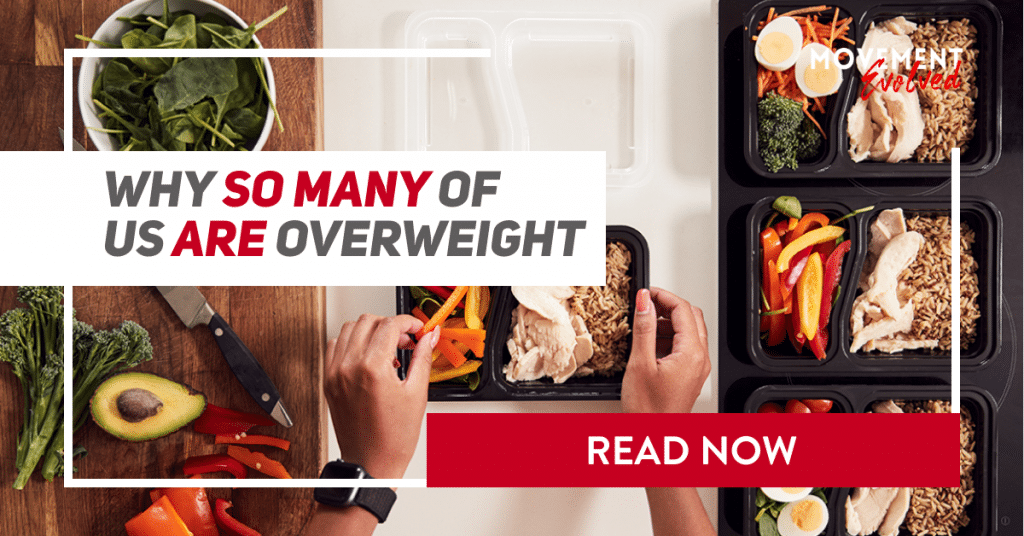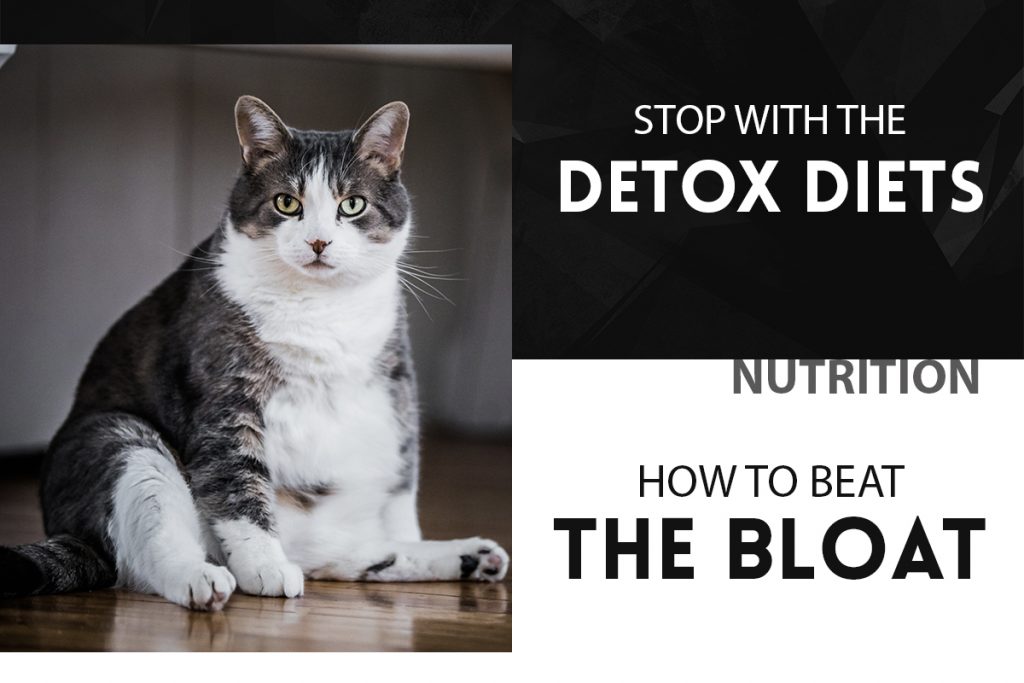In the western world, most of us have all and more than we need. We have big houses and multiple computers and we have access to SO MUCH FOOD.
The endless abundance of delicious meals and snacks is one of the biggest challenges when it comes to losing weight, mostly because we get so easily trapped in the habit of eating more than we need.
Even when you cut back on takeaway food, ice cream and other junk, you may struggle to lose weight. The reason behind this can be the amount of food you are consuming, not necessarily the type of food.
WHY PORTION CONTROL CAN RUIN YOUR WEIGHT LOSS PROGRESS
You might wonder what’s going on. You sit down to a nice lean steak and a mountain of mash and you think, “This is healthy food, why am I not losing weight?”
The answer could be very simple; you’re eating more than you need.
There is a good chance that you only need half the steak in front of you, if not less, and even the amount of vegetables could go down, especially starchy ones like potatoes.
Even though the food you are consuming is ‘healthy’, you’re eating enough for three. Your body doesn’t need it and the excess ends up being stored as extra weight.
Eggs, pasta, bread, cereals… often it is the amount we eat which is letting us down. Take a look online at how much a serving consists of and you may be surprised. For example, a single serving of red meat or chicken doesn’t really need to be larger than the palm of your hand. A cup or even half a cup of cereal is considered one serve but most of us fill our bowls to the top.
40yo YOU VS 18yo YOU
A common problem for many of us when it comes to portion control is continuing the eating habits we had as young people.
Remember being a teenager and never feeling full? Your body needed the extra energy to grow and develop. This meant whole loaves of bread could go in one sitting. But often people fall into the trap of thinking the amount they ate as a teenager and young adult is still necessary in later adulthood.
Once you have reached maturity, the only growing you are going to do is outwards. You simply don’t need as many calories as you did when you were younger.
The whole pizza that used to not even touch the sides will now not only touch the sides but the front and back! Old eating habits die hard, which is why we become paunchy as we grow older.
If you’re struggling with your weight, a big factor to remember is you may not need as much food each day as you thought. Enjoy the things you like but limit your portions and you will notice better results on the scales.
TAKE {PORTION} CONTROL
There are some approaches you can take if portion control is hampering your weight loss efforts and you are unwittingly eating more than you should be.
One of the simplest tactics is to eat more slowly. It takes some time for the brain to register what we have eaten. This is why so many of us will eat until we feel completely stuffed. By progressing through your meal more slowly, you allow your brain to catch up with your stomach and let you know the right time to stop.
When it comes to how much you put on your plate, here are a few simple tips:
- Don’t eat out of the box. Always serve up what you’re eating, then you’ll know exactly how much you have.
- Use veggies to bulk up your meal. Add spinach to your sandwich or mushrooms to your meal instead of meat. Vegetables should be the bulk of every meal (just not potatoes).
- Drink some water before you eat. This will reduce your hunger and help stop you from over-indulging.
- Use smaller plates and bowls. This may seem obvious but the smaller the plate the less food you can fit on it. As well as this, the same amount of food will seem like much more loaded on a small plate than sitting in the middle of a larger one.
- Research the right portions for your size and goal weight. A cup of pasta may not seem like much but it is all you need and you will soon get used to it… plus your waistline will thank you!
Want to fast-track your weight loss? Contact us today.



